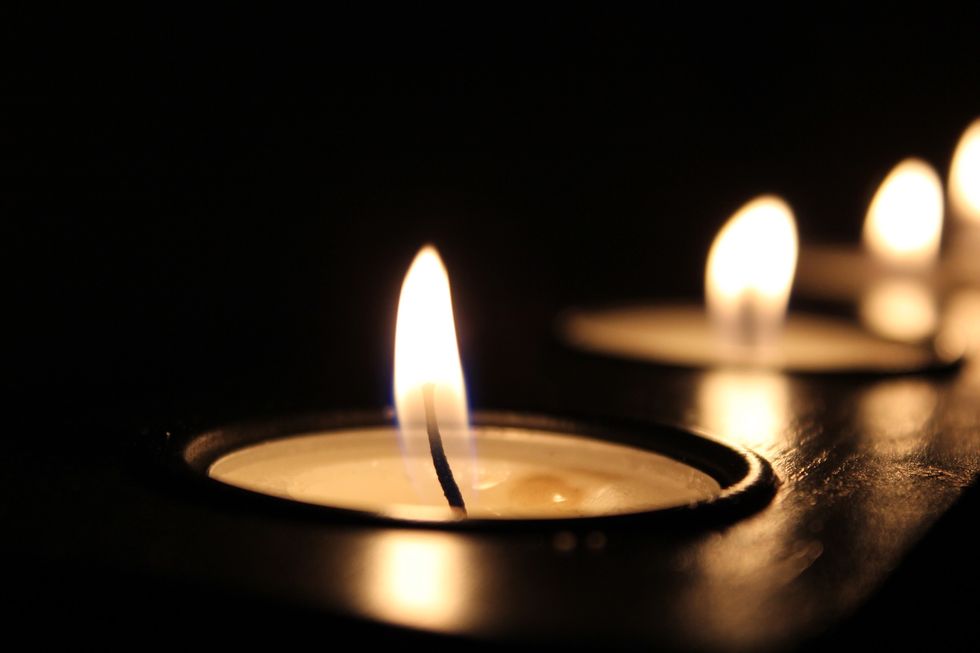Everyone experiences times of grief. But when you walk through grief shortly after Easter—after hearing how death was overcome—it brings the power of the Resurrection front and center.
The Sting of Death
Death stings. There is no way around it. The effects of sin are seen clearly in the pain of death—whether that comes through unexpectedness, loss, or separation (1 Cor. 15:56).
The first time I lost a loved one, I knew it would hurt. (And it did.) But I didn't realize that the sting would still be there so strongly the next time.
I was halfway across the country from my family in the middle of a training program when one of my grandfathers died. His death was no shock to anyone since he had been struggling ever since a major surgery shortly before. But I figured that I could handle this like an adult.
I felt sad, FaceTimed my family, and told my roommates. Then I moved on. I knew where he was - my grandfather's faith and relationship with Jesus was not in question. I rejoiced that he was now in heaven with so many people who were dear to him! And, as a Christian, I didn't have to break down in grief and quit my life. I could be strong and keep going.
I didn't realize that I had believed I needed to "just be strong" until I found myself curled up in a hall, desperately wanting to be alone, and crying from a grief I couldn't name. Did I miss my grandfather? But I was so glad he was no longer suffering! Did I want to be with my family? But it was a dream come true to be right here in this program.
When Grief Doesn't Make Sense
I'm learning that one of the most perplexing things about grief is that it often defies logic and simply won't make sense. Of course you'll cry when you hear a bad diagnosis for a loved one. (That is, except when you don't.) And you'll cry when you say goodbye. (Unless you cry before or after.) Everyone cries at a funeral or graveside service. (Except for the people who cry hours, days, or even months later.)
The first time I experienced grief in death, I felt bad for not crying as often as I felt like I "should." I dearly loved the person whom I'd lost... why wasn't I crying more?
A good friend wrote me a message that helped so much. She told me that when she'd experienced loss, her grieving is often different than expected. She didn't cry right when her loved one died; she cried and grieved months later. That's OK, because each one of us has our own timetable.
I've begun to realize that grief is a strange visitor, one who doesn't plan his visits. And it's perfectly fine to grieve in pieces or at seemingly strange times.
In Hope
And this is where Resurrection power comes in.
I do grieve. Death is separation that was never part of God's plan for His creation. Scripture even acknowledges that grief is part of living in this world (Jn. 11:35).
But I do not grieve hopelessly, as if death has the last say (1 Thess. 4:13-14). I know who has the final word - my Jesus! And those who have trusted in Him and have died to life on this earth are with Him now. One day, there will be a glorious reunion. I will see Jesus face to face, and I will see those who have gone before me and trusted in Christ for salvation.
I don't say that lightly to sound trite or religious. But when funerals become homecomings, shouldn't we rejoice even when our rejoicing is bittersweet? When a Christian gains the goal of their whole lives and can finally gaze into the face of God, isn't there a cause worth celebrating?
That is why, even when grief visits unexpectedly, I can smile through my tears with the hope of Easter.







































